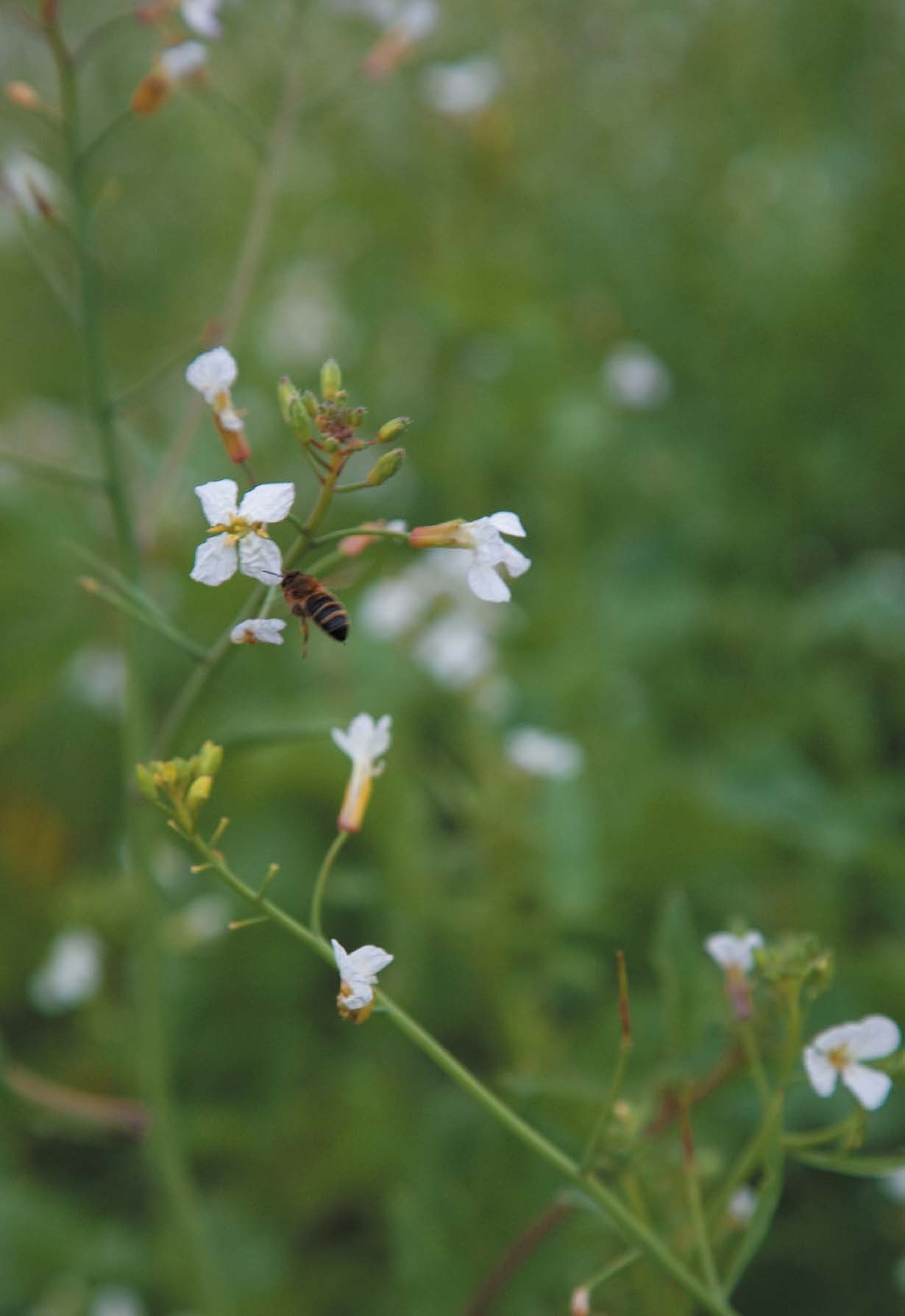Growing vegetables organically makes you a better person

How can a Bachelor of Science make such an absurdly irrational claim? Clearly I have lost my way and should get off the farm more before I become a fully crazed theosophical Luddite. Yet for me, the foundations of organic farming are even broader than the environmental, nutritional, animal welfare and food safety benefits that have driven the market; organic farming is about our relationship with the planet we inhabit, including the six billion or so people we share it with. At its best, it is about humility, understanding and learning from nature, rather than arrogance, domination and destruction. It is about peace and respect rather than violence.
These might sound like wild claims. But if you go to war with nature without the back-up of an arsenal of fossil-fuel-based agrochemicals, you will lose. With that defeat comes humility, closely followed by re-evaluation, introspection and learning. With the arsenal, you also lose, but the illusion of power is maintained, and many farmers are too single-minded to realise what it is they are losing and what a high price the planet is paying.
Conversion to organic farming takes two years for the farmer’s soil but normally much longer for his or her mind. It is not a step backwards into a world of nostalgia; it is part of a step forward into an age of wisdom where, just possibly, we use our knowledge and ingenuity as custodians rather than rulers of our planet.
Looking back over my early years as a grower, it is hard to believe how personally I used to take it when things went wrong. Perhaps my selfcentred arrogance would have subsided with age anyway, but I am convinced that the vulnerability inherent in organic farming helped. For most converting farmers, there comes an epiphany when they realise they have got the relationship wrong; that organic farming is not about replacing ammonium nitrate with chicken shit, pyrethrum with soft soap, or herbicides with flame throwers; that the conflict is unnecessary and ultimately self-defeating, and that the key to organic farming is observation, empathy and understanding rather than power.
True organic farming requires a deep, long-term understanding of the ecology of our farms and crops. It is about a subtle management of our environment to get what we want (vegetables, in our case) with the minimum of interference and disturbance. Spraying a field with a nerve poison to kill aphids (and all other insects along the way) is a violent and ignorant act; planting phasealia to attract adult hoverflies and lacewings, whose larvae will eat the aphids, is a peaceful and truly knowing one. Similarly, sterilising soil with the fumigant methyl bromide to kill a few weed seeds and pathogens when 99.99 per cent of the soil’s population is beneficial is as dumb and intellectually lazy as expecting carpet-bombing Vietnam to lead to peace and freedom.
Nature can provide what academics would call ‘elegant’ solutions – which include the kind of balance and subtle relationships between organisms that make conventional farming’s clumsy, energy-consuming and often thoughtless abuses seem grotesque by comparison. It has so much to teach those who are receptive, and organic farmers normally become more receptive than most. If Bush and Blair had spent their bonding time on an organic allotment with their hands in the soil rather than driving around in a golf cart, they would have realised that they are not omnipotent, and I am pretty sure their countries would not be fighting their futile wars.